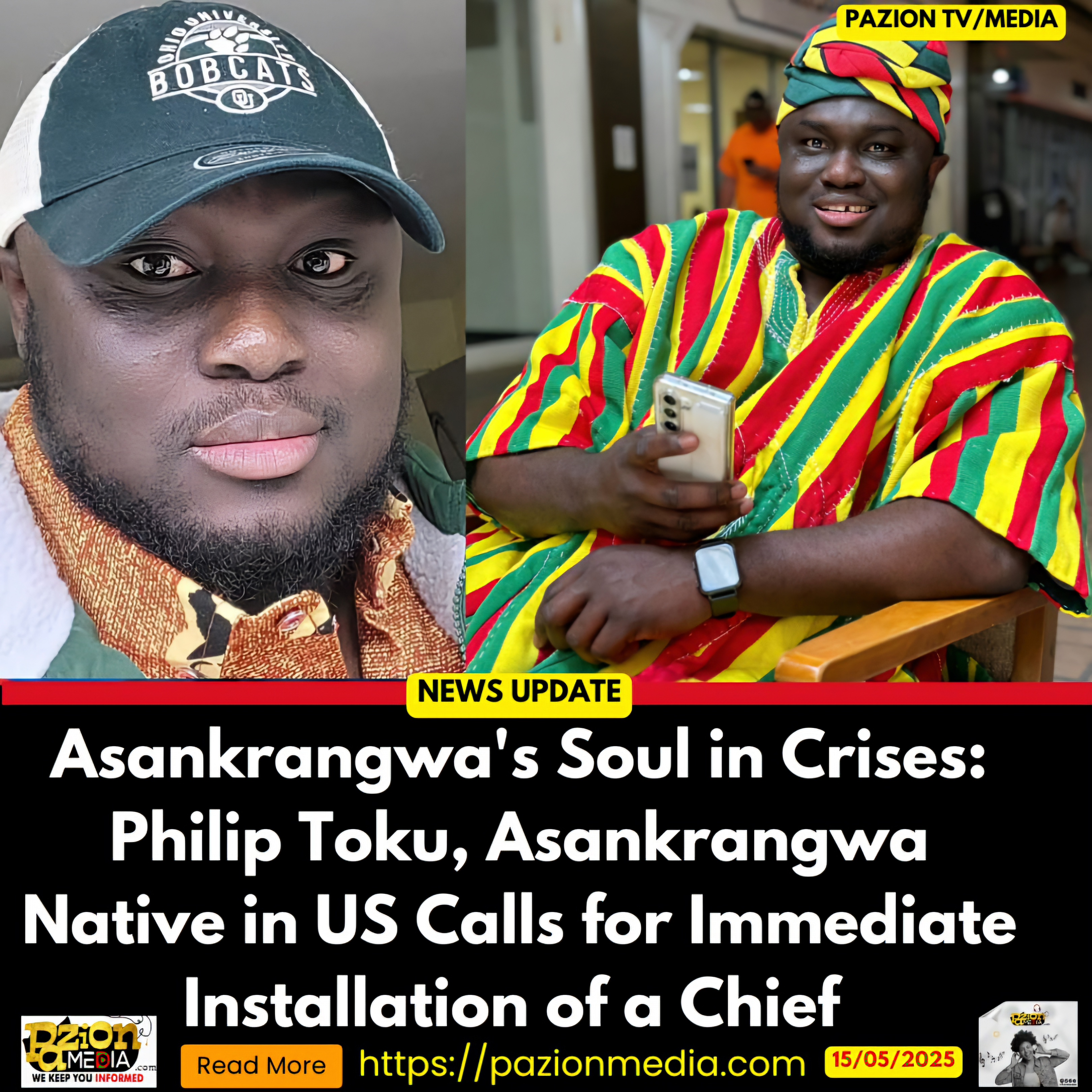Cerro Rico, the “Rich Mountain,” standing ominously over the city of Potosí in Bolivia, is far more than a geological formation rich in silver; it is a monument to human suffering, a chronicle etched in the blood and sweat of millions. Its evocative nickname, the “Mountain that eats men,” is not merely a dramatic appellation; it is a starkly accurate description of the death and despair that have been inextricably linked to its existence for over five centuries. The mountain’s history is a grim reminder of the human cost of unchecked greed, the brutality of colonialism, and the enduring struggle for fair labor practices.
The story of Cerro Rico is fundamentally intertwined with the insatiable European demand for silver, a demand that reached its zenith during the Spanish colonial era. In the 16th century, the Spanish conquistadors discovered the mountain’s immense silver deposits, setting in motion a chain of events that would claim an estimated eight million lives. This era marked the beginning of Cerro Rico’s most brutal period. Indigenous populations and enslaved Africans were forced into the mines, subjected to inhumane conditions and brutal treatment. The mines became a labyrinth of narrow, unstable tunnels, where the constant threat of cave-ins, suffocation from poor ventilation, and the deadly effects of toxic dust permeated every corner. The miners were essentially disposable, their lives sacrificed at the altar of colonial wealth. They were denied basic necessities, constantly plagued by disease and malnutrition, ensuring a relentless cycle of suffering and death.
The rudimentary methods of extraction, using only picks and shovels, added to the deadly nature of the work. This lack of modern machinery meant that the labor was physically exhausting and dangerous, exposing miners to collapses, injuries, and the inhalation of toxic dust that led to debilitating respiratory illnesses, many of them fatal. The sheer scale of the operation and the complete disregard for the lives of the workers is a testament to the dehumanizing effects of colonialism and the extent to which human life was devalued in the pursuit of profit.
While the colonial era has long since ended, the legacy of Cerro Rico persists. The mine still operates today, albeit with some improvements to labor practices. However, it continues to claim lives, albeit at a reduced rate, a grim reminder of the deep-seated issues of exploitation that are often associated with the extraction of raw materials. The mountain continues to be a symbol of the dangers of unchecked capitalism and the exploitation of vulnerable populations. The very fact that rudimentary tools are still used in the mines highlights the enduring lack of investment in safer and more humane working conditions.
The story of Cerro Rico serves as a stark warning about the consequences of unfettered resource extraction. It is a testament to the dark side of human history and forces us to confront the ethical implications of our consumption patterns. It highlights the importance of acknowledging the human cost of the resources we consume and underscores the need for ethical and sustainable practices. Furthermore, the story of the mountain is a poignant reminder of the lasting impact of colonialism on the world and the deep-seated inequalities it has left behind.
In conclusion, Cerro Rico, the “Mountain that eats men,” is not simply a place; it is a living monument to human suffering, a testament to the brutality of exploitation, and a symbol of the enduring struggle for social justice. Its story demands our attention, not only to understand the past, but also to inform our actions in the present and shape a more just and equitable future. The echoes of the lives lost within its depths serve as a stark reminder that the pursuit of wealth must never come at the expense of human dignity and life. The sto
 Pazionmedia.com Pazion Media l Latest News l Politics l Sports l Entertainment
Pazionmedia.com Pazion Media l Latest News l Politics l Sports l Entertainment



